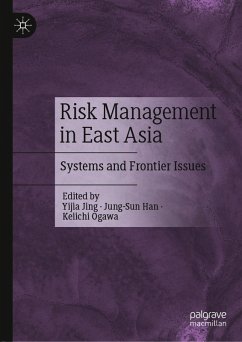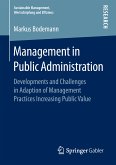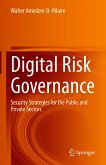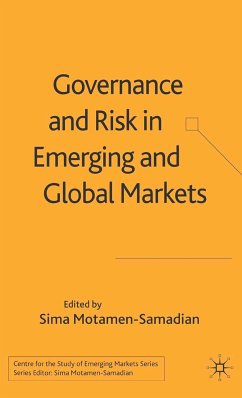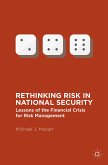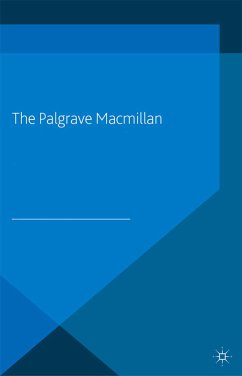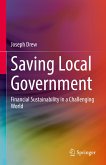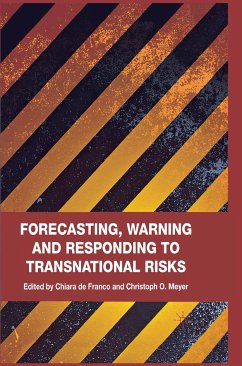- Louise K. Comfort, Professor, Graduate School of Public and International Affairs, University of Pittsburgh
Risk management and regional cooperation tend to be overlooked by national governments. This new book provides practical guide and advice on mitigating risks in a post-modern industrialized world where climate change, industrial revolution, geopolitical forces, and pandemics could further exacerbate the human living environment. Indeed, this is a very timely book.
- Xiaoyan Liang, Lead Education Specialist, The World Bank
This book is a joint endeavour of the three partner universities of CAMPUS Asia Program (Risk Management Experts in East Asia) to develop a book with in-depth and state-of-art analysis of risk management in East Asia. As a disaster-prone region, East Asia emphasizes building preparedness and resilience for natural disasters and human-induced hazards and emergencies. The experiences of China, Japan, and South Korea in seeking appropriate and robust risk management may shed light on global risk management knowledge and practices. This book will discuss the three systems and frontier issues and will be of interest to policymakers, scholars and the general intellectual community.
Yijia Jing is dean of the Institute for Global Public Policy and a professor of the School of International Relations and Public Affairs, Fudan University.
Jung-Sun Han is a professor at the Division of International Studies, Korea University.
Keiichi Ogawa is a professor at the Graduate School of International Cooperation Studies, Kobe University.
Dieser Download kann aus rechtlichen Gründen nur mit Rechnungsadresse in A, B, BG, CY, CZ, D, DK, EW, E, FIN, F, GR, HR, H, IRL, I, LT, L, LR, M, NL, PL, P, R, S, SLO, SK ausgeliefert werden.

